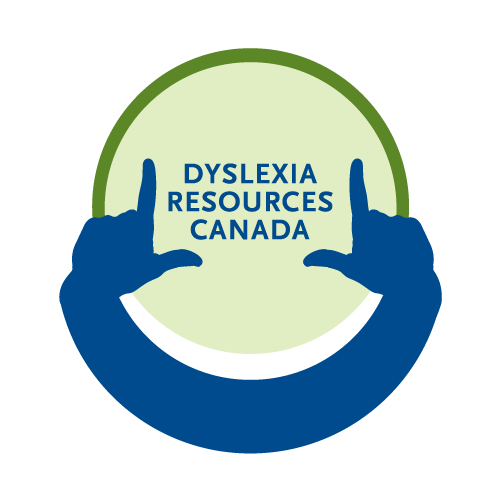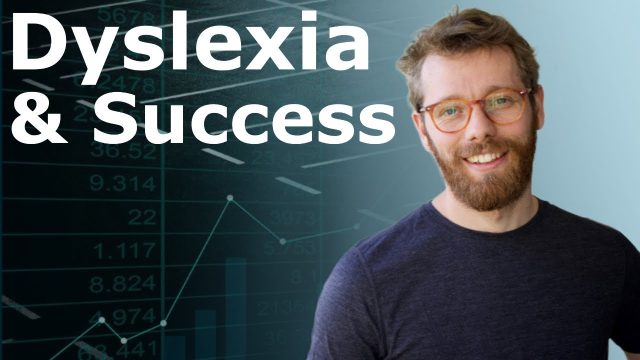Resiliency, Mental Health & Dyslexia

Good mental health is often linked to being resilient. Resiliency is the ability to bounce back from difficult life experiences or challenges, otherwise known as change. The idea of change is something that is often unwelcome by many experiencing dyslexia. Change simply means something becoming something else and can be found in both the external and inner worlds. Knowing the difference is the key. Experts believe that resiliency is a taught skill requiring qualities such as confidence, competence, and control.
Some of these qualities can be absent in a dyslexic’s repertoire. The gift of altering your perceptions readily, without the ability to control when needed, undermines one’s confidence as mistakes are a common occurrence. Dyslexia isn’t just a reading problem. it can affect how we follow instructions, conversations, and relationships. These misperceptions undermine our confidence and competence and without tools to control our imaginations, we can easily let our minds wander to a place filled with anxiety or depression. This can be even more magnified because we have that ability to experience our imaginations as real events. Meanwhile, it helps us in other areas such as creative endeavors or sports, but it is detrimental to bounce back from unexpected changes.
A person who disorients readily likes to know when things are taking place or where things are placed. It provides structure and some sense of grounding in a world that feels chaotic and confusing. Changes in the orderliness of their environment such as furniture rearrangement, moving households, or scheduling changes will further lower their threshold of confusion. This is why parents often see what seems like an overreaction to changes in their dyslexic child’s world. If the concept of change is lacking, confusion over other concepts such as consequence, time, sequence and order can exist – important ingredients to executive functioning. These are important skills to have to recover from life’s slings and arrows.

These concepts, often meaningless to a picture thinker, are necessary to acquire some of the ingredients for resiliency such as: viewing change as a challenge or opportunity, relying on past successes, seeing their choices, and having patience, confidence, and competence. These concepts help one adapt to change and become more resilient.
The Davis Method offers tools to relax and control the perceptual abilities when needed. In some programs, we model change, consequence, time, sequence, and order. It goes beyond memorization or understanding. It becomes a part of them, a point of reference when tackling life events. Using and experiencing these newfound concepts makes things go more smoothly.
Ron Davis’ book, The Gift of Dyslexia, says “When someone masters something, it becomes a part of that person. It becomes part of the individual’s thought and creative process. It adds the quality of its essence to all subsequent thought and creativity of the individual”. Repeated experiences using and applying these tools build confidence to manage changes and increase resilience. Life is unpredictable and riding the wave makes those ups and downs more manageable.










